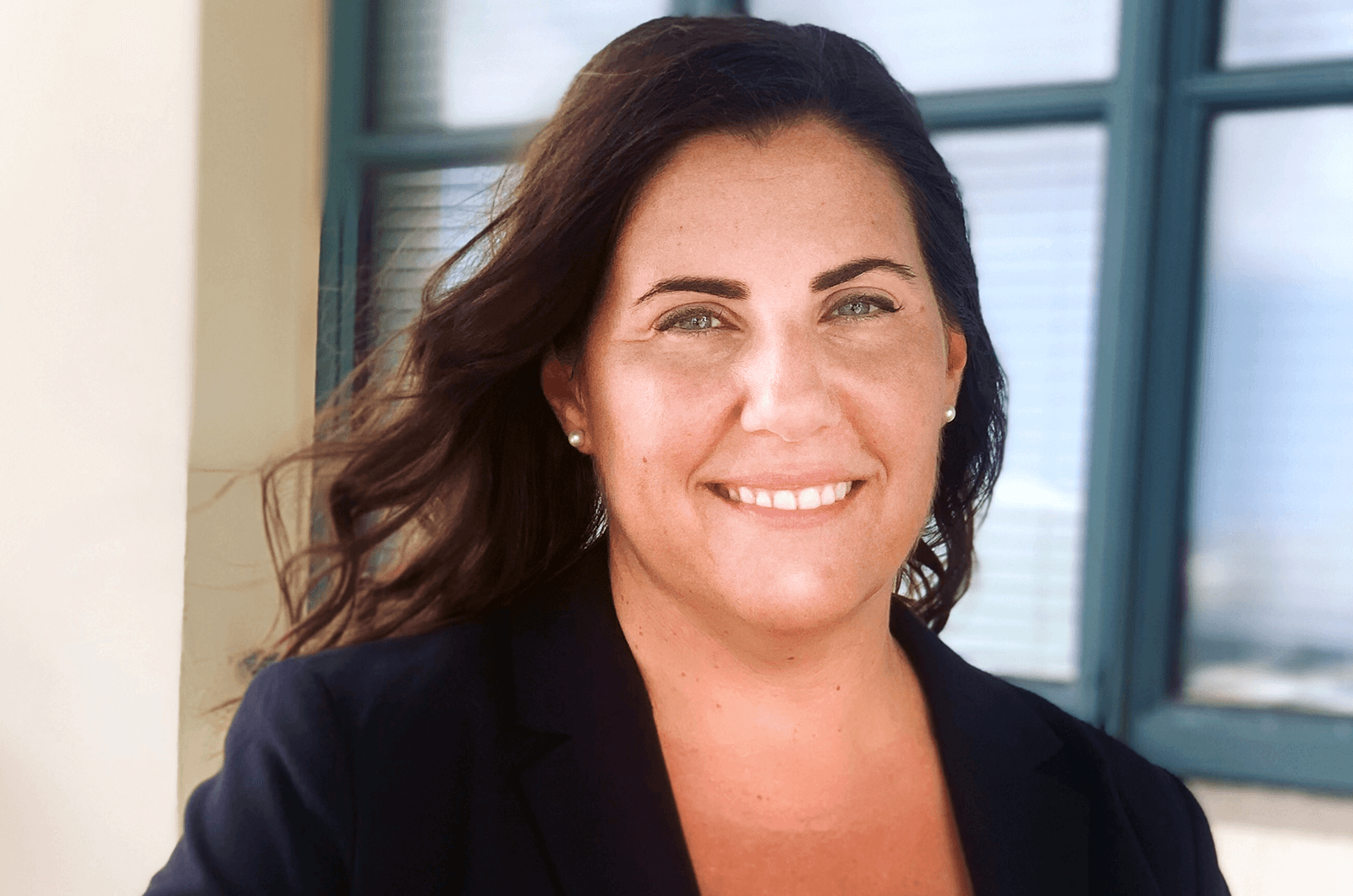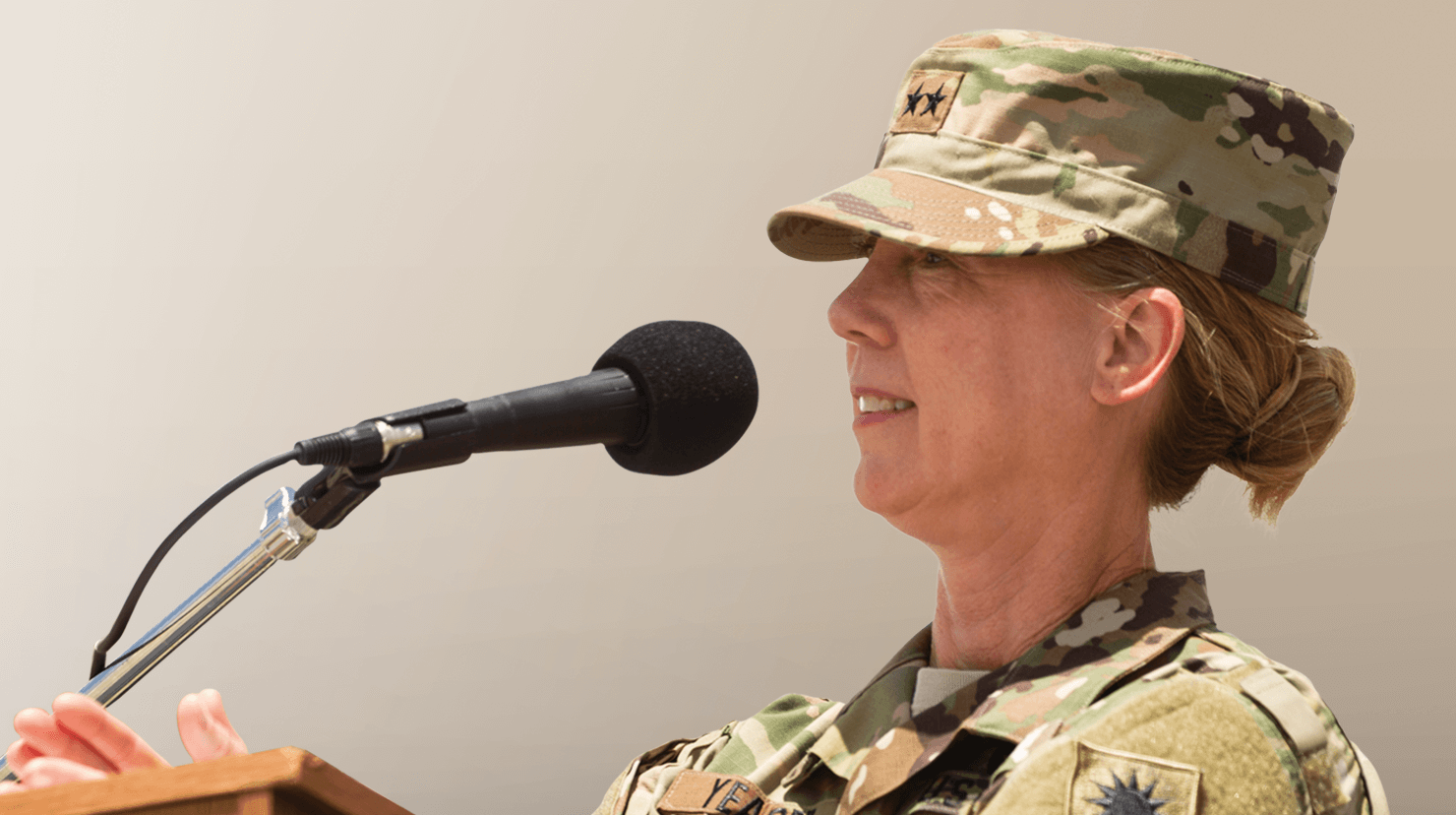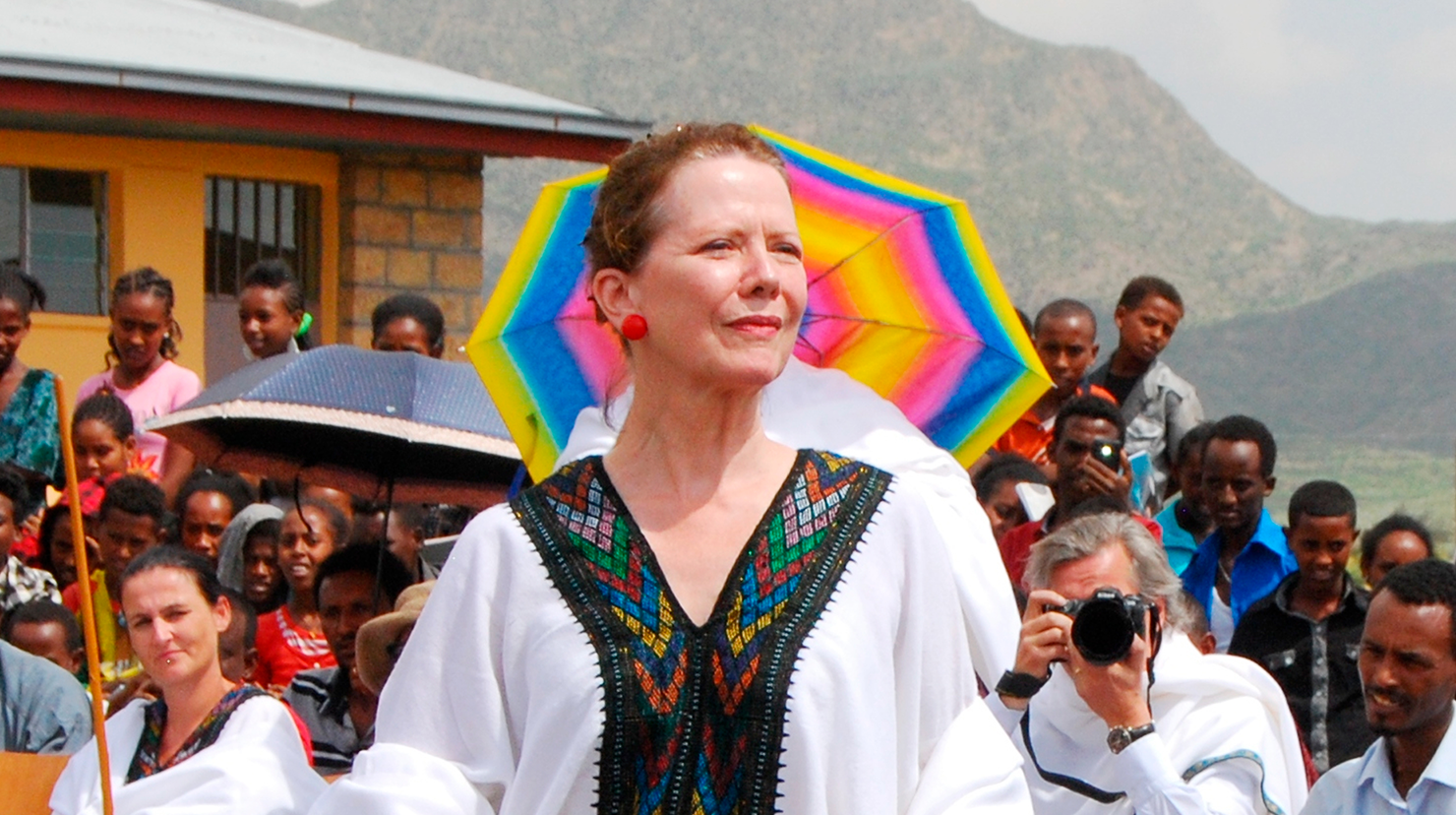
I have learned firsthand that Toastmasters is a driving force not only in improving public speaking skills but also in developing everyday life skills. As a disaster researcher, I know that strong communication skills are essential in sending accurate messages and fostering good partnerships.
I work for the Center for Excellence in Disaster Management and Humanitarian Assistance in Hawaii. The center increases the readiness of civilian and military counterparts and international partners to respond globally to humanitarian assistance and disaster relief operations. Our team accomplishes this through training, planning, coordinating, research, and information sharing.
Catastrophic natural events have a high human cost. Various reports in recent years have revealed some terrifying statistics—on average, disasters affect some 350 million people every year and result in staggering losses. In the face of such chaos, clear, accurate communication with people in threatened areas and with emergency responders is crucial.
Recently I helped facilitate training exercises in civil-military disaster response operations in Thailand, Indonesia, and Malaysia. These exercises bring people from various countries and positions together to share experiences and brainstorm solutions. My role required me to present in front of large groups of people and have individual conversations with high-ranking military officers and experienced humanitarian aid professionals.
Whatever your audience, figuring out how to organize your thoughts and capture the audience’s attention can be daunting. Luckily, Toastmasters has helped shape my career by giving me the confidence to communicate and connect with others. I’ve learned how to evaluate my target audience as I write speeches, which, in turn, has affected the information I share and how I share it.
Accurate and timely communication saves lives. The best technology cannot help if the information isn’t communicated clearly.
Simply put, accurate and timely communication saves lives. For example, in November 2019, Cyclone Bulbul smashed into Bangladesh. Early warning systems and government preparedness programs prompted the evacuation of over 2 million people before the cyclone made landfall, saving countless lives. However, the best technology cannot help if the information isn’t communicated clearly. It’s crucial that people know not only what is happening but what they should be doing. This is true in emergency preparedness settings and in Toastmasters club speeches. In both instances, I’ve learned to start with a strong purpose and use factual details. I also consider how the information is organized and delivered.
While I present often, my public speaking journey is far from over. I still need a home where I can practice and build my communication skills, which is why I joined Toastmasters two years ago. I remain a member for the opportunities to grow as a leader and a communicator. I am part of this big family dedicated to self-improvement.
In her book Dare to Lead, Brené Brown says, “You can’t get to courage without rumbling with vulnerability.” Every time I give a speech in my Toastmasters club, I ask myself why am I doing this? But I embrace the opportunity because it’s only through vulnerability and practice that we gain strength and confidence. As we move past the edges of our comfort zone, we grow. Toastmasters provides an arena where leaders are made and we rise together.
Andrea Ciletti is a member of Phoenix Rising Kapolei Toastmasters in Kapolei, Oahu, Hawaii. She is a disaster researcher and holds a lead facility position at the University of Phoenix.



 Previous
Previous
 Previous Article
Previous Article

